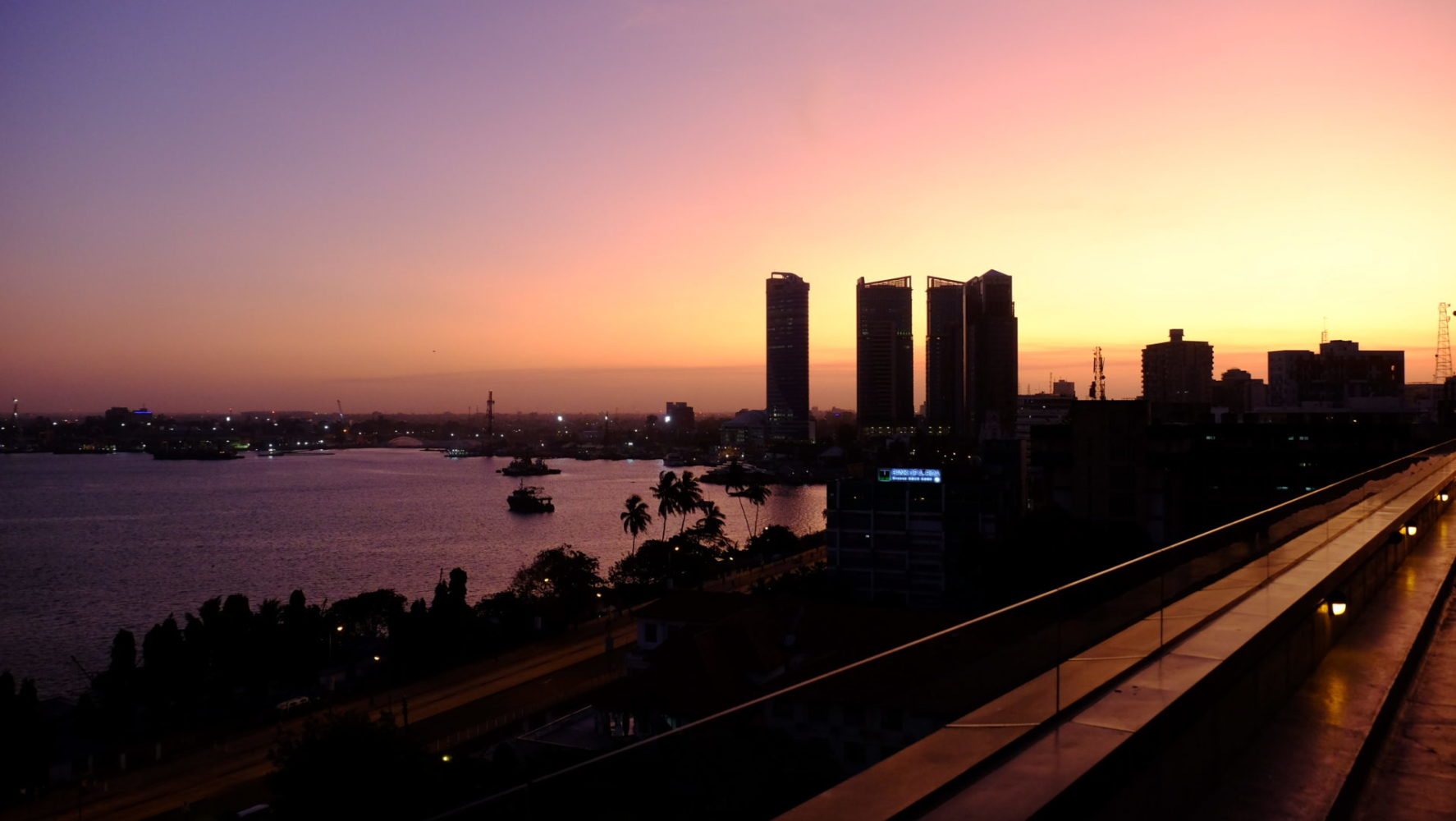



COMMUNITY radio practitioners have been called to use a social cultural approach to change the mindset of community members to reduce prevalence of child marriage, teen pregnancy and Female Genital Mutilation as the vices are to the detrimental of girls’ rights.
Tirso Dos Santos, Head of UNESCO and Representative to Tanzania made the call in Dodoma on Tuesday while officiating a five days training to 51 community radio practitioners to equip them with skills to enable them design effective and interactive programs on Sexual Reproductive Health, (SRH) HIV, Gender Based Violence, Female Genital Mutilation (FGM) and Girls Education.
“The 2018 Educational Statistical Report indicates that in 2017, 6,483 girls dropped out of school due to pregnancies. Teenage pregnancy is a major health concern because of its association with higher morbidity and mortality for both the mother and child. Childbearing during the teenage years frequently has adverse social consequences, particularly for education attainment as women who become mothers in their teens are more likely to curtail their education,” said Tirso.
For his part, Francis Msungu, Deputy Executive Secretary for NATCOM called upon community radio practitioners to utilize their radios to promote peace and development.
Commenting on the training, Therezia Thomas, a radio practitioner from Mazingira FM in Mara said it would enable her to use statistics in reporting on issues such as teen pregnancy in secondary schools.
“We have been taught on how to use data in our reporting. Using statistics in our programmes will enable the community to understand the magnitude of the problem and thus find means to mitigate it. The training will also help us to prepare quality programmes which address community issues more and we will not only use quotes as we will have data to back up our programmes,” said Therezia.
Furaha Hamad, a community radio practitioner from Triple A FM in Arusha said the training will increase her awareness in reporting on community programs inclusive of sexual reproductive health to girls.
“The training will enable me to prepare programs with approved statistics instead of only quoting medical practitioners with nothing to back up. I also believe that using the appropriate data will spare us the hassle of getting in trouble with authorities which have been occurring due to use of unapproved statistics as we will be in line with national approved data,” said Furaha.
UNESCO in close collaboration with Dodoma FM and technical support from the Ministry of Health, Community Development, Gender, Elderly and Children is conducting the session to enhance knowledge of community radio practitioners in designing effective and interactive programs in Sexuality & Reproductive Health (SRH), HIV and AIDS, Gender based Violence (Female Genital Mutilation (FGM) and Girls Education).
Specifically, the training will focus on developing capacity of community radios in particular addressing sexual behaviors that elevate risk of HIV infection, Early & Unintended Pregnancy and Gender Based Violence amongst adolescents and young people in Tanzania through interactive radio programs in line with relevant national SBCC strategies.
The list of UNESCO supported CRs under the SDC project in attendance with regions in brackets are Boma Hai (Kilimanjaro), Tripple A and Loliondo (Arusha), ORS (Manyara), Pangani (Tanga), Pambazuko (Morogoro), Nuru (Iringa), Kitulo (Njombe), Ileje (Songwe) and Chai (Mbeya). Others are Dodoma (Dodoma), Kahama (Shinyanga), Sengerema (Mwanza), Storm (Geita), Mazingira (Mara), Kwizera (Kagera), Uvinza (Kigoma), Mpanda (Katavi), Jamii and Fadhila (Mtwara), Ruangwa (Lindi), Mtegani (Unguja South), Tumbatu (Unguja North), Mkoani (Pemba South) and Micheweni (Pemba North).
The capacity-building program has been made possible through funding from SDC, SIDA and KOICA.
